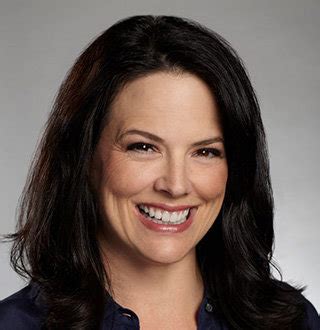A Quote by Simon McBurney
My work is not generally in the commercial sector. However, I'm not worried by the commercial sector. I refuse to work in any other way except the way that I work.
Related Quotes
Saturday morning cartoons do that now, where they develop the toy and then draw the cartoon around it, and the result is the cartoon is a commercial for the toy and the toy is a commercial for the cartoon. The same thing's happening now in comic strips; it's just another way to get the competitive edge. You saturate all the different markets and allow each other to advertise the other, and it's the best of all possible worlds. You can see the financial incentive to work that way. I just think it's to the detriment of integrity in comic strip art.




































